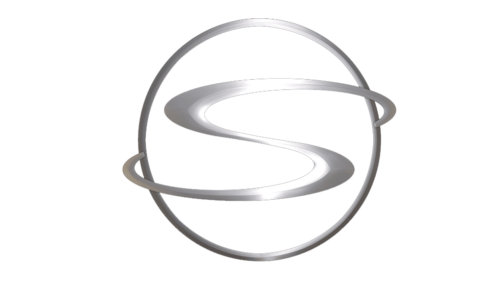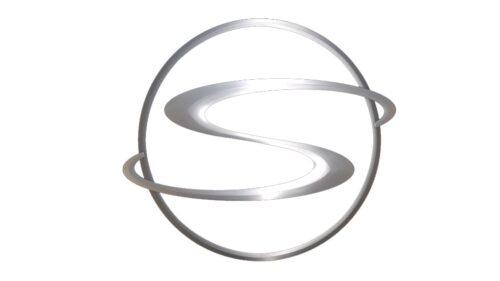ShuangHuan is an automobile manufacturer based in China, known for producing vehicles that often closely resemble models from other well-known brands. Established in the late 1980s, ShuangHuan primarily focused on producing SUVs and small cars. The company gained international attention, and some controversy, for its designs, particularly the CEO model, which bore a striking resemblance to the BMW X5. ShuangHuan’s vehicles are a blend of affordable pricing and familiar aesthetic designs, catering to a market segment looking for cost-effective automotive options.
Meaning and history
ShuangHuan Automobile, originating in China, embarked on its journey in the automotive world in the late 1988. It carved its niche in the industry by producing vehicles that mirrored the designs of popular global brands, often leading to mixed receptions and controversies. The company’s spotlight moment came with the release of the CEO, an SUV that closely resembled the BMW X5, drawing international attention and legal scrutiny. Despite these challenges, ShuangHuan continued to cater to a market segment desiring affordable vehicles with a luxury aesthetic. Their approach combined cost-effectiveness with visually appealing designs, making them a unique player in the automotive sector.
Over the years, ShuangHuan’s journey reflected the evolving landscape of car manufacturing in China, highlighting the tensions and opportunities within the global automobile industry.
What is ShuangHuan?
ShuangHuan is a Chinese automobile manufacturer notable for creating vehicles that often mirror the designs of established Western and Japanese brands. Gaining recognition for their CEO model, which closely resembled the BMW X5, ShuangHuan represents a unique approach in the automotive world, blending cost-effective solutions with familiar visual aesthetics.
Today
The logo depicts an abstract metallic ‘S’ swirling within a three-dimensional orbital frame, conveying a sense of innovation and fluidity. It’s a sleek, futuristic emblem, symbolizing continuous motion and progressive design. The intertwining loops suggest connectivity and the cyclical nature of technological advancement.








